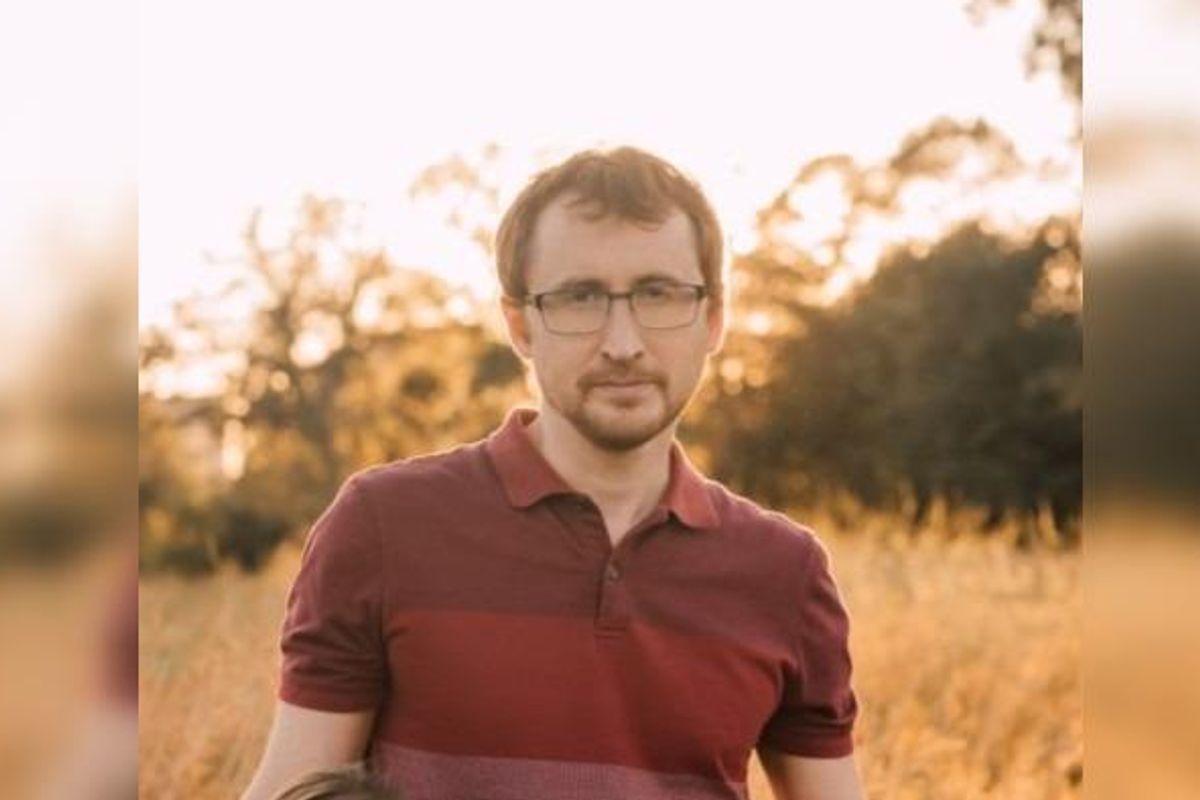Editor's note: In this week's roundup of Houston innovators to know, I'm introducing you to three local innovators across industries — from venture capital to manufacturing — recently making headlines in Houston innovation.
Tim Neal, CEO of AmPd Labs

Tim Neal is the new CEO of AmPd Labs, a unique additive manufacturing startup in Houston. Photo via LinkedIn
Houston entrepreneur Tim Neal joined next-generation additive manufacturing company AmPd Labs as CEO of the company. He tells InnovationMap that he'd always been interested in the additive manufacturing sector, and sees a lot of potential for AmPd Labs in the industrial world in Houston — now more than ever.
“Within additive manufacturing, a lot of people focus on the medical and the aerospace sectors, but the industrial sector has been largely overlooked. Being in Houston, that really resonates,” Neal says. “The technology is now at a place that it can be at this production scale.” Read more.
Sandy Guitar, general partner of HX Venture Fund
 Sandy Guitar shares some lessons learned from the fallout of Silicon Valley Bank. Photo via HXVF
Sandy Guitar shares some lessons learned from the fallout of Silicon Valley Bank. Photo via HXVFIn its third year, Venture Houston — taking place on Rice University's campus on September 7 — has a theme of "decarbonization in a digital world," but that's not the only thing different this year. The one-day conference has added on a unique event on September 6 to help engage around 50 investors with over 100 Houston startups.
The new activation is called Capital Connect, and HX Venture Fund will matchmake investors and startups for one-on-one meetings meant to spur collisions and collaboration.
"It's not a pitch competition — it doesn't have the stress of that," Sandy Guitar, general partner of HX Venture Fund, tells InnovationMap. "It's really just a way of connecting with a longer term horizon. We didn't want to limit it just to those who are currently raising, but actually include people who maybe just raised six months ago or are not going to raise for 12 more months, but might still want to be in the room." Read more.
Sahir Ali, founder and general partner of Modi Ventures

Sahir Ali is the founder and general partner of Modi Ventures. Photo courtesy of Modi Ventures
It might be cool to arrive fashionably late to a party, but Houston investor Sahir Ali likes to be early when it comes to new technologies.
"What has been a part of my success and has driven a lot of my profesional, scientific, and financial growth has been being ahead of the curve a little bit in technologies. That is really the basis of the fund," Ali, founder and general partner of Modi Ventures, says on the Houston Innovators Podcast.
"Hardware and software have come to a point where now artificial intelligence is ready to go, and I think the biggest benefactor of that is going to be health care and the health and medicine space — and that space is not easy for investors to just jump in right away," he continues. Read more.




 Sean Harkins and Brien Beach opened AmPd Labs' space in the Heights last week. Images via ampdlabs.llc
Sean Harkins and Brien Beach opened AmPd Labs' space in the Heights last week. Images via ampdlabs.llc


